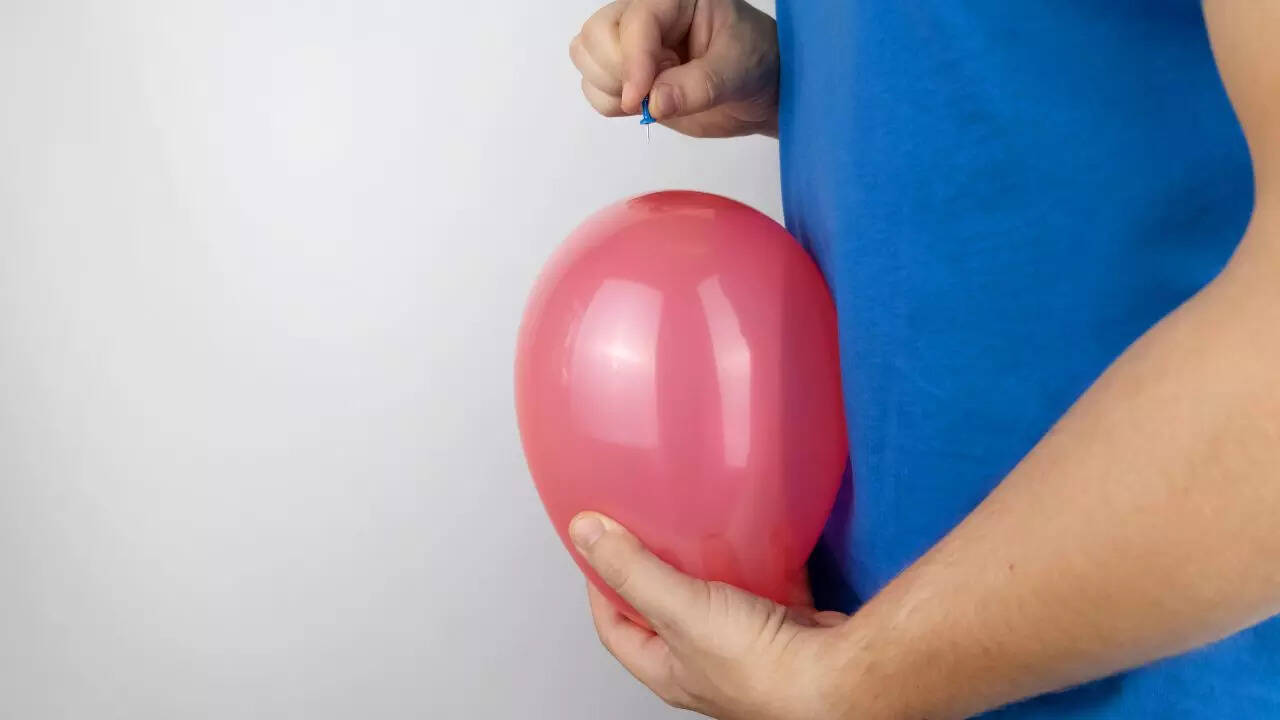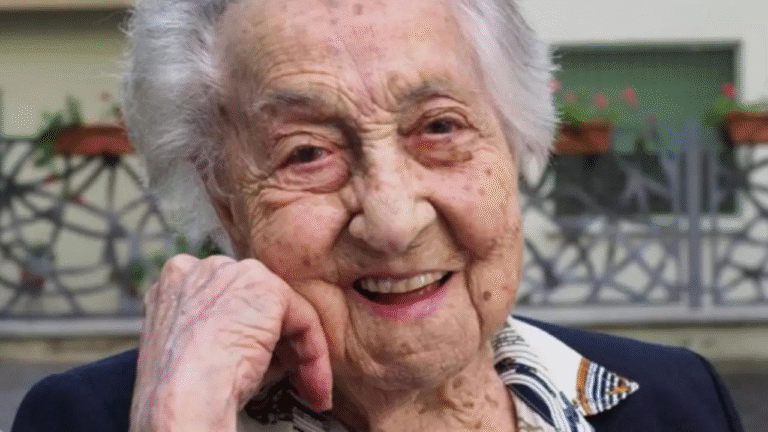
Has this ever happened to you that the stomach feels uncomfortable and heavy right after meals? Well you’re not the only one facing it. Bloating is a problem millions of adults are facing everyday, as per Harvard. However, small changes can help relieve the discomfort. Harvard trained gastroenterologist Dr. Saurabh Sethi suggests 10 best foods that can help reduce bloating.Bloating occurs when excess air or gas buildup gets trapped in the digestive tract or when gut muscles fail to move food efficiently. This can be triggered by eating too fast and swallowing air, consuming gas-producing foods like beans, onions, or carbonated drinks or food intolerances. Sometimes hormonal changes can also lead to bloating.

Credits: Canva
The good news is that certain foods can actively soothe the digestive system by providing enzymes that break down food efficiently. Here’s a detailed list of 10 foods that can beat bloating, as per gastroenterologist
10 foods to beat bloating:
KiwiKiwi is rich in fiber content and contains the actinidin enzyme, which aids protein digestion. A study published in the Journal of Nutritional Science found that consuming two kiwis daily improved bowel movements in individuals with mild constipation. PapayaThe papain enzyme is packed with digestive support. This enzyme helps break down protein and support digestion. Clinical studies suggest that a small serving of fresh papaya is a good option to reduce bloating after a protein-heavy meal. PineappleA small serving of fresh pineapple after a big meal or added to salads can help digestion for some people. Pineapple is a food source of bromelain, a group of enzymes that digest protein. According to WebMD, bromelain can aid in digestion and reduce inflammation.

Credits: Canva
CucumberCucumbers are high in water content and contain fiber. Their hydrating effects also help flush out excess sodium, which can contribute to water retention and bloating. Add cucumber to meals in the form of salads to get benefits. Chia seedsChia seeds are packed with fiber, and when consumed with water, these seeds form gel-like consistency in the gut that ultimately helps soften stool and maintain regularity. However, individuals with certain health conditions, such as low blood pressure or kidney disease, should consult a healthcare provider before consuming chia seeds.QuinoaQuinoa is a whole grain that contains prebiotic fibers. These fibers can promote the growth of beneficial gut bacteria. A study published in PubMed Central found that quinoa’s bioactive compounds can improve intestinal microflora. OatsA study published in PubMed Central found that beta-glucan-rich oats or oat-based products in a diet significantly decrease the blood lipid profile and blood pressure by regulating insulin metabolism. One can enjoy Fennel seeds that have been traditionally used to relieve bloating and gas. GingerGinger has been used as an aid to digestion for ages. A study found that ginger significantly reduced gastrointestinal pain and improved digestion. These properties can help relieve bloating. Peppermint tea or oilPeppermint oil relaxes smooth muscle in the gut and can reduce spasms and trapped gas. Several clinical trials show benefits for abdominal pain and bloating, particularly in IBS. To consume, one can try peppermint tea or after consultation, may consume enteric-coated peppermint oil capsules.Fennel seedsFennel seeds have been traditionally used to relieve bloating and gas. A study by NIH found that fennel oil was effective in reducing symptoms of irritable bowel syndrome, including bloating and gas. To consume these one can chew some fennel seeds after meals or sip fennel tea.These dietary adjustments can help alleviate mild bloating. However, individuals who feel constant bloating, accompanied with unintentional weight loss, persistent severe pain, blood in stool, or recurrent vomiting, must consult with a healthcare professional as these can indicate conditions like celiac disease, SIBO, IBD, ovarian pathology, or obstruction.Disclaimer: This article is for informational purposes only and should not replace professional medical advice. Always consult a healthcare provider for persistent digestive symptoms.








